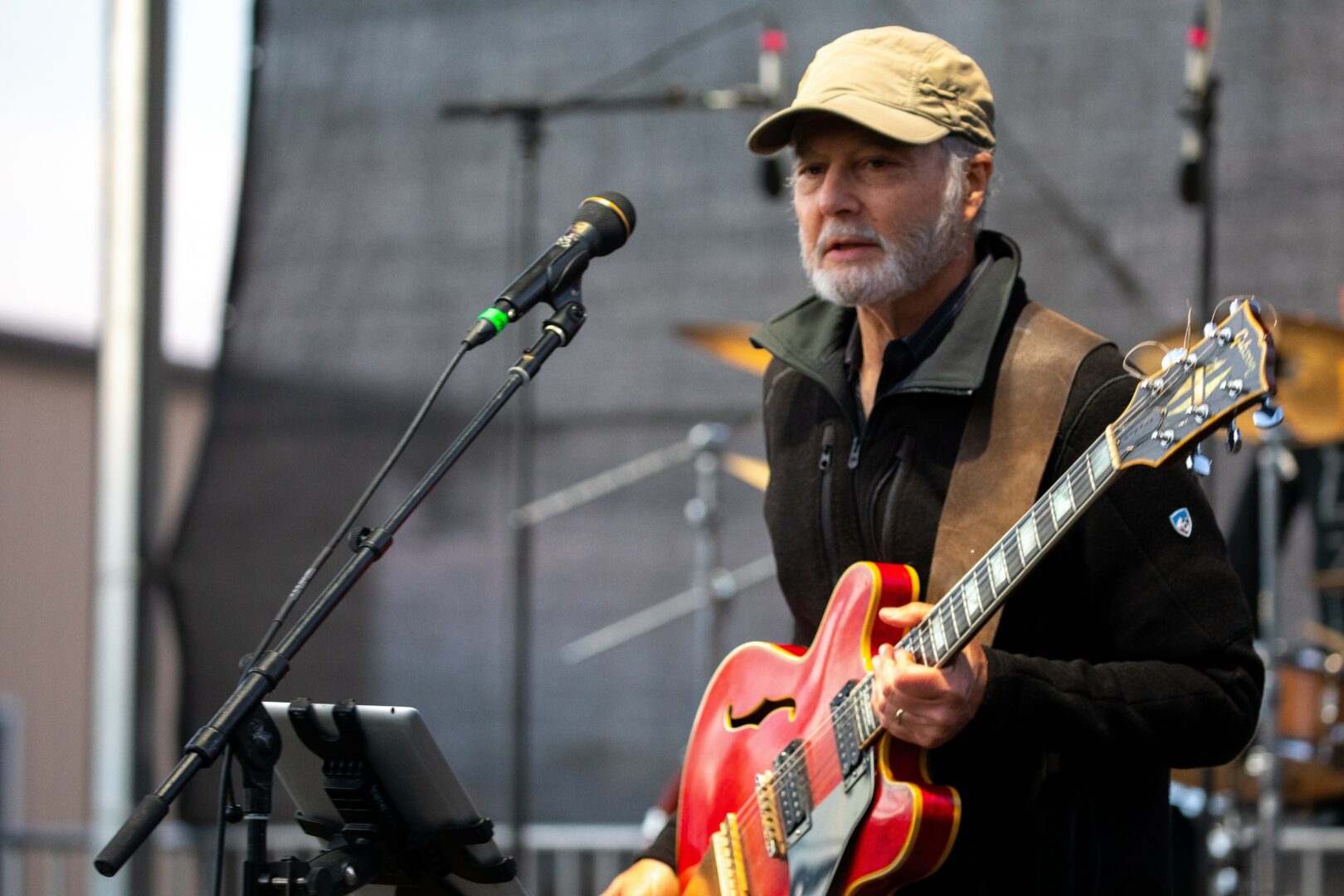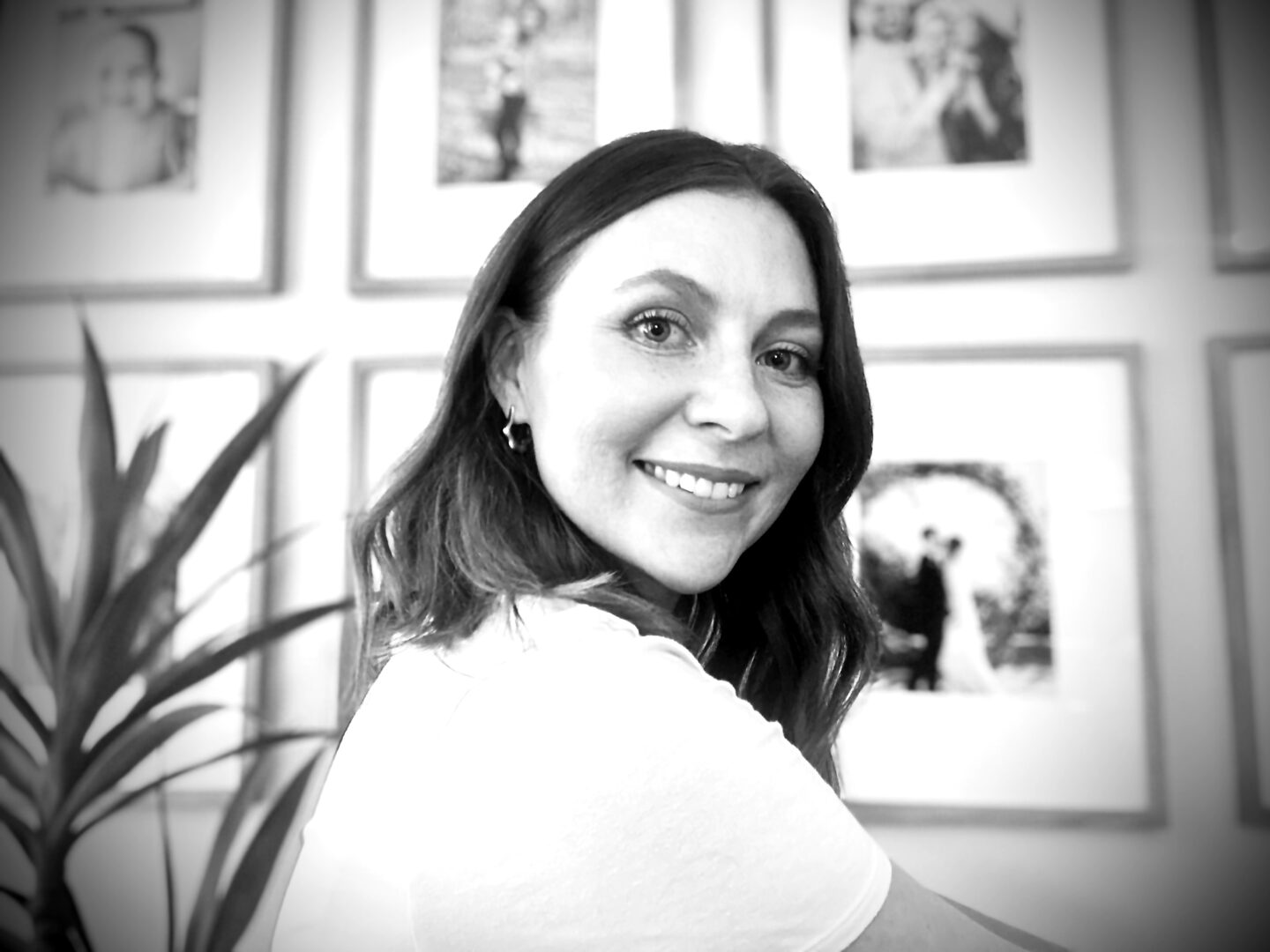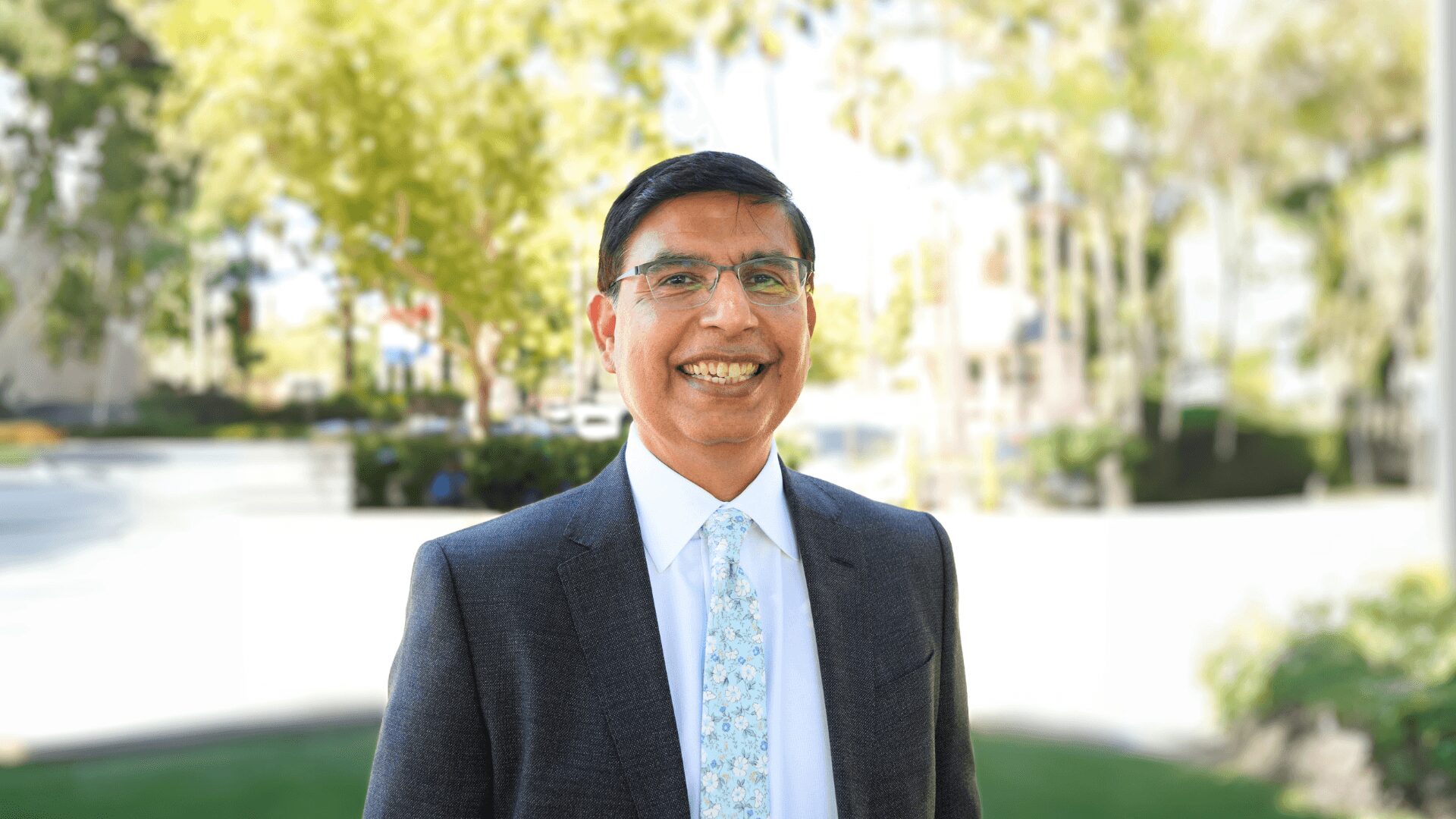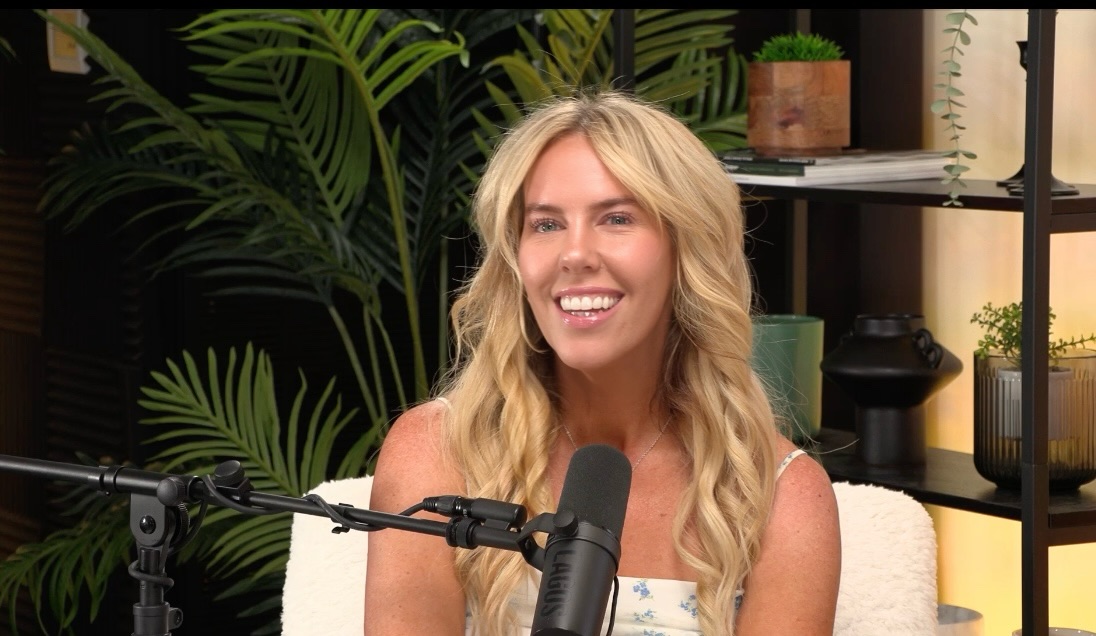We were lucky to catch up with Dan Zalles recently and have shared our conversation below.
Hi Dan , really happy you were able to join us today and we’re looking forward to sharing your story and insights with our readers. Let’s start with the heart of it all – purpose. How did you find your purpose?
I’ve loved music ever since I was a kid and that love of listening turned into a love of writing and performing it. Performing provides a great thrill because it’s in the moment and offers collective joy for all: for myself, for my fellow musicians, and for the audience. Composing is great because I get to create whatever is in my head that I think will sound good to me as a listener, and hopefully to other listeners. As an agent of music, I make people happy, at least those who like the kind of music I play.
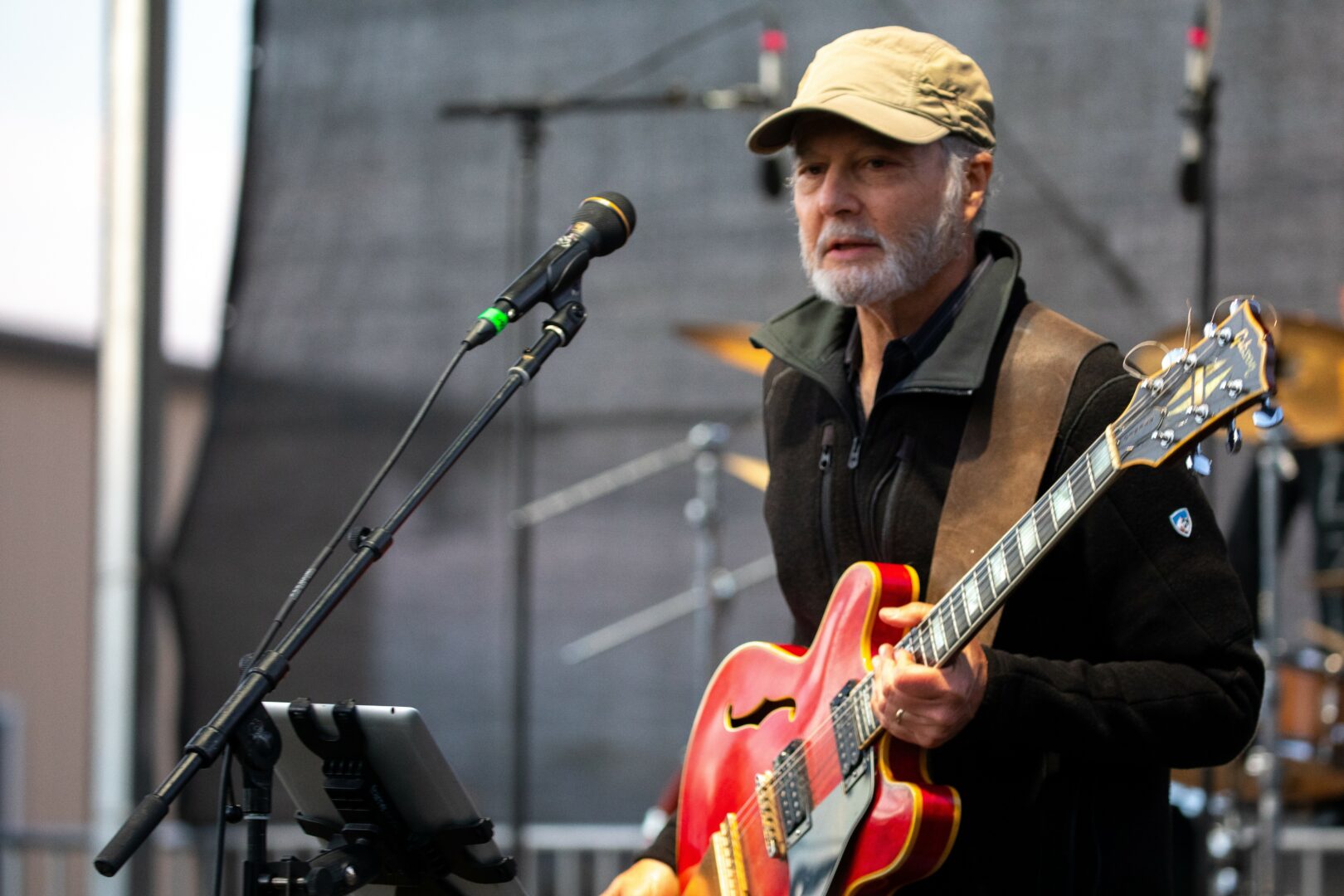
Thanks, so before we move on maybe you can share a bit more about yourself?
I do music strictly for fun. I’ve never tried to make a living from it, and maybe that’s why it stays fun for me. I made my money as a teacher, then as an educational researcher of educational technology and science education. I’ve played in bands since high school and currently perform classic rock, folk-country, and jazz in venues around Salt Lake City. In these groups, I play bass and acoustic and electric guitar. As an indie DIY songwriter and producer, I’ve recorded and published ten EPs and albums (Edgyometry, Instrumentals, Waiting For My Train, Eclectica, Straight Ahead, Resting Place, Emotionality, Recalibration, Shadows and Shades, and Immersion) and am about to release my eleventh in December. I’ve also recorded professionally with several prior bands: Outer Half, Wayward Monks, and British Wire Gauge. I have a website (danzallesmusic.com) and my albums can be streamed on Spotify, YouTube, Apple Music, and most other streaming platforms. I self-produce music videos which I post on my My YouTube channel, and also post videos there solo and band performances. My albums include a combination of upbeat rock, blues, acoustic folk and country, and instrumentals with prog, jazz, new age, and classical influences. I have an especially soft spot for the psychedelic rock of the 60s and 70s and occasionally write in that genre; for example, “Recalibration,” “Citadel,” and “Trickle Down.” Some of my lyrics are contemplative (like on “Words,” When the Honeymoon Is Over”, and “What Is Home to You?”. Some tell stories, like “Slide Dog”, “Funky Road,” and “Desert Red.” Some are about nature, like “Shadows and Shades”, “Mountain Jig,” and “Up in Neff’s Canyon”. Some are about technology’s impacts on people, like “Chatter,” “Virtuality”, “The System Crashed”, and “Persona”. Some are about relationships, like “If I Had A Way”, “Come Back Home to Me,” and “Back in my Bubble.” Some are kind of dark, like “Waiting For My Train” and “Resting Place,” but others are hopeful and positive, like “In the Light” “Play a Riff,” and “Hope Love and Trust.” With the exception of some piano playing by my son Ian, I play all the instruments and sing all the parts. I record them in my home studio. When not doing music, I hike and ski in the great outdoors of Utah’s beautiful Wasatch Mountains and am active in some community environmental groups.
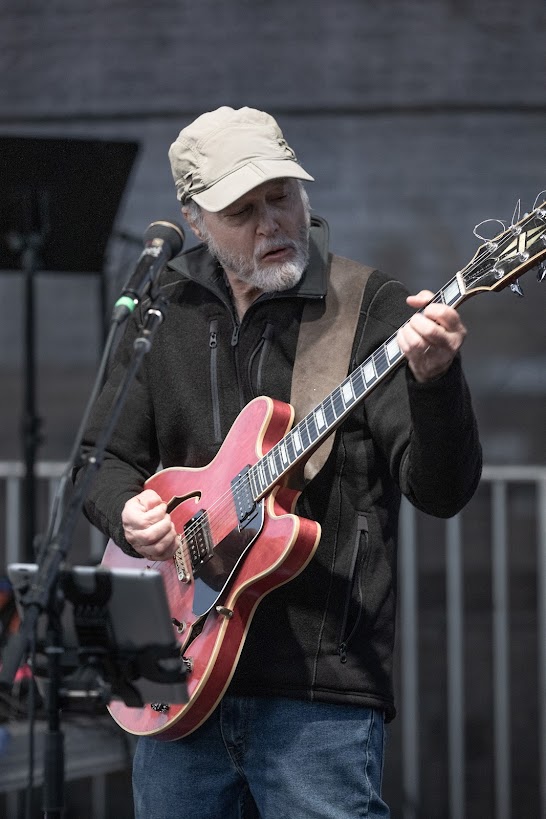
Looking back, what do you think were the three qualities, skills, or areas of knowledge that were most impactful in your journey? What advice do you have for folks who are early in their journey in terms of how they can best develop or improve on these?
If you want to pursue writing, producing, and recording your own music like I do, here’s what I recommend:
1. If you’re writing music, be true to your passions. Don’t try to guess what other people want to hear. Music is subjective and everybody has different preferences. You’ll touch some but you might turn off others, and that’s OK.
2. Think hard before choosing music as your profession. Certainly, some succeed, but it’s usually a struggle. As a hobbyist, you may not have as much time to do it as you might like, but you’ll probably have more fun with it than when trying to make a living from it. Fortunately, in this day and age, anyone, at very low cost, can produce and put out music.
3. Take the time to invest in one of the many multi-track digital music recording software programs out there and learn how to use it. This will be much cheaper than going to a professional studio and you’ll be able to write and edit your recordings at your leisure.
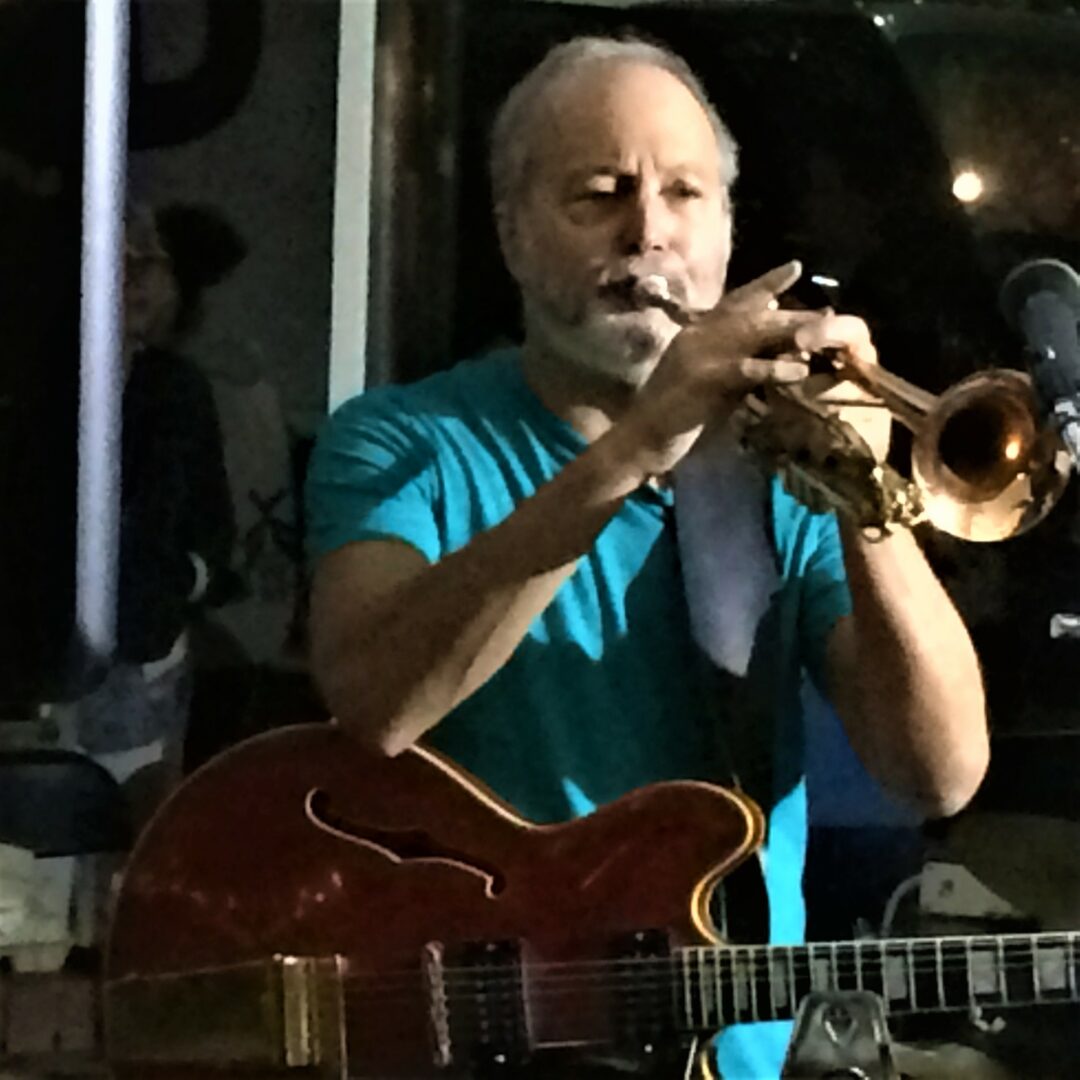
Before we go, maybe you can tell us a bit about your parents and what you feel was the most impactful thing they did for you?
My parents loved music and would play it in the evenings in our living room. They especially loved classical and folk music. I still remember listening with them to Chopin, Beethoven, Dvorak, Grieg, and others, My mom had a great ear for harmony and we used to sing duets together. I may have picked up my ear for harmony from her.
Contact Info:
- Website: https://danzallesmusic.com/
- Instagram: https://www.instagram.com/danzalles_music/
- Facebook: https://www.facebook.com/profile.php?id=61571646128043
- Youtube: https://www.youtube.com/channel/UCzxZubBpqeFfnawIpJ_pH6A
- Soundcloud: https://soundcloud.com/user-507094812
- Other: Master Landing Page: https://linktr.ee/Schlep9
Spotify: https://open.spotify.com/artist/4oNdAEX1xaDYEEG3LbYp0a?si=PBIPBsp3TQuH0L28AMTU5g
Apple Music: https://music.apple.com/us/artist/dan-zalles/1308039875
Tik Tok: https://www.tiktok.com/@danzallesmusic?
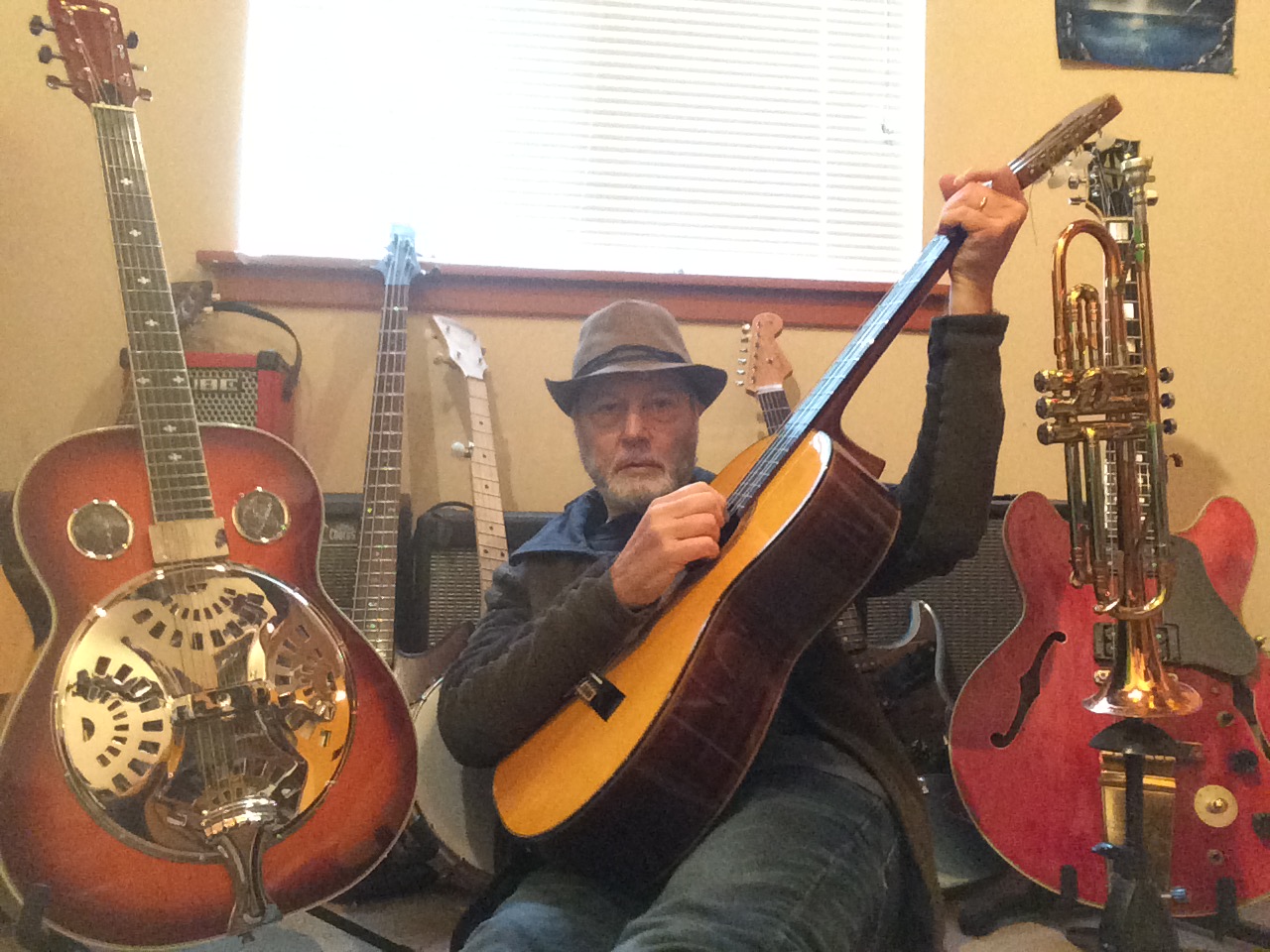
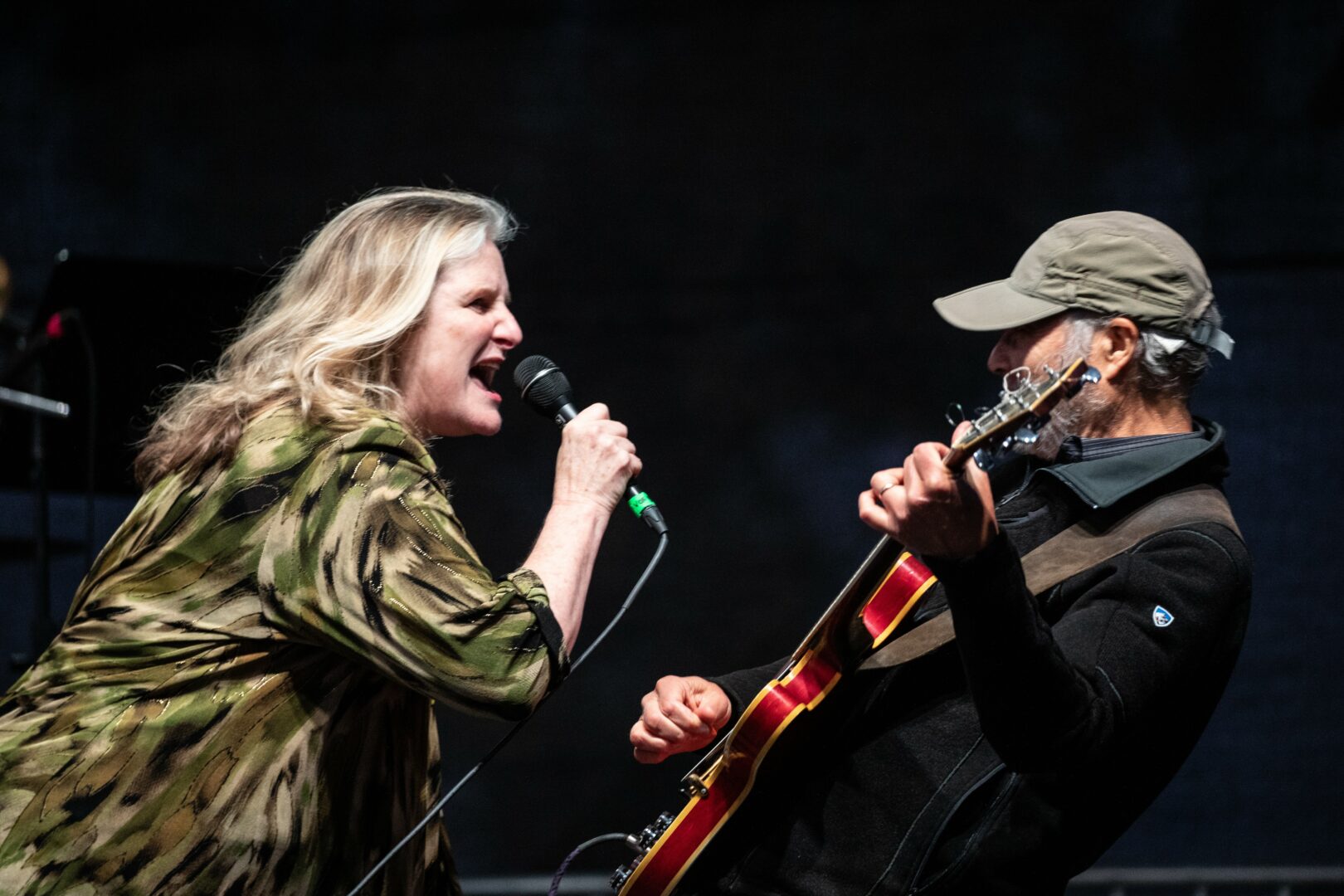
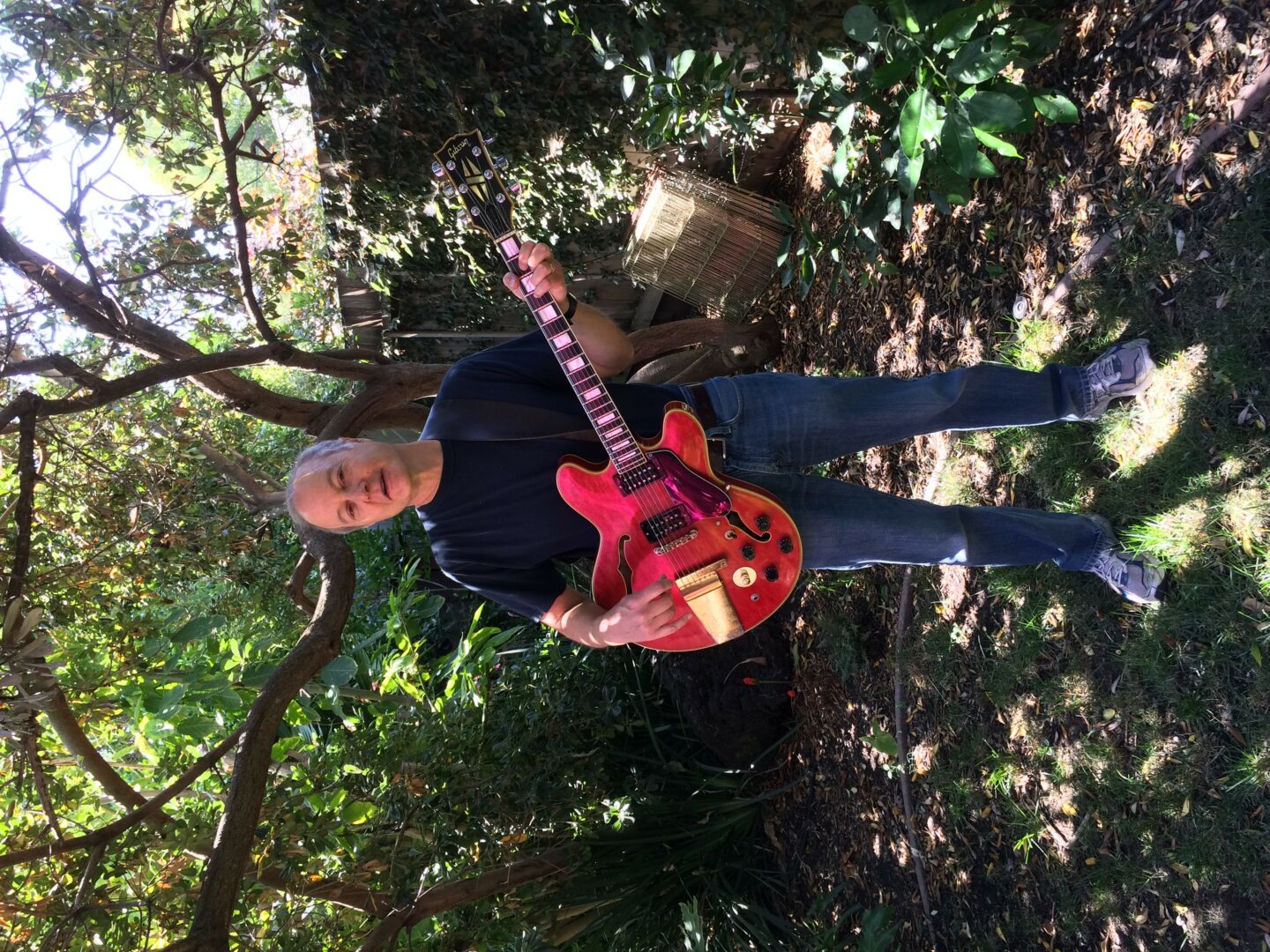
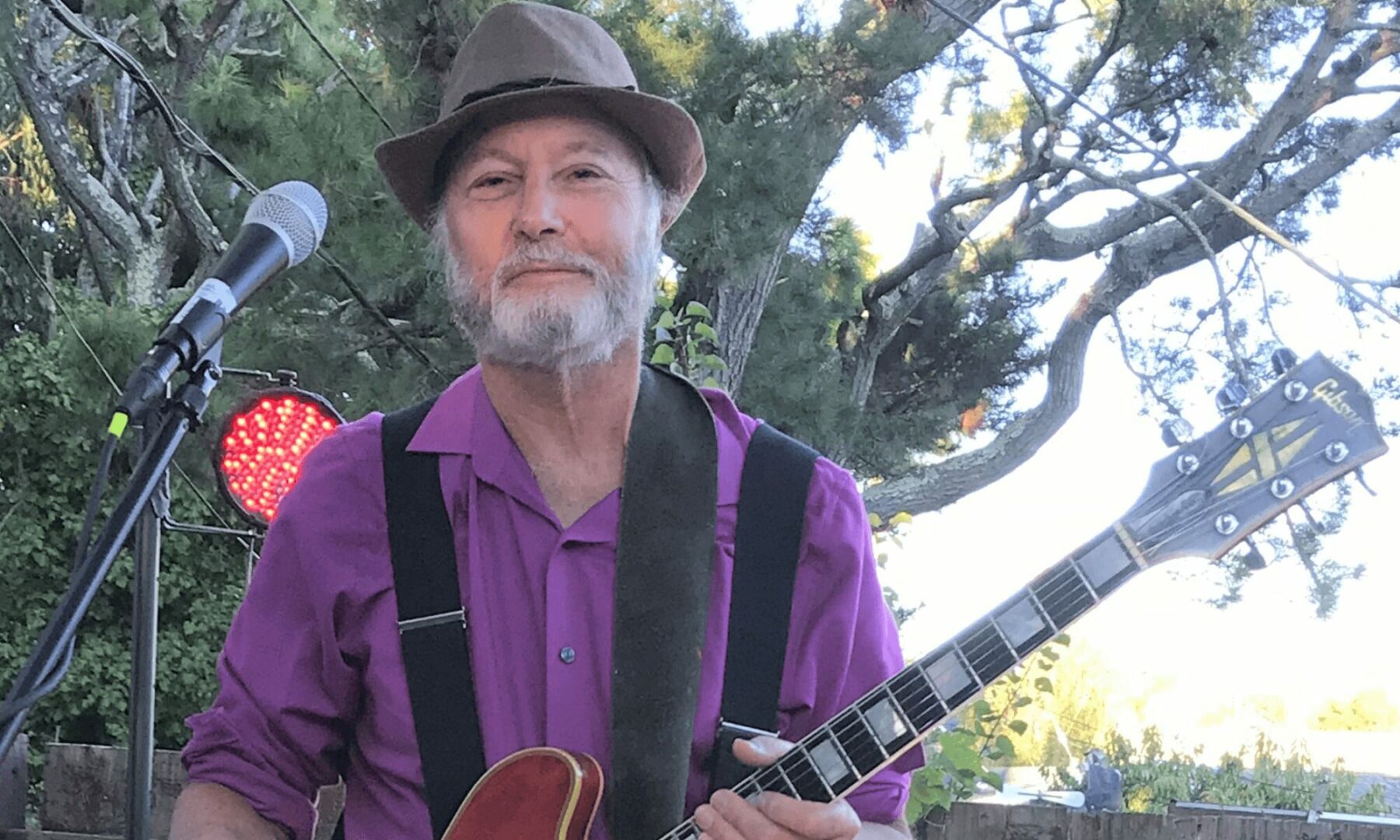
Image Credits
I have all rights to these images,
so if you or someone you know deserves recognition please let us know here.

